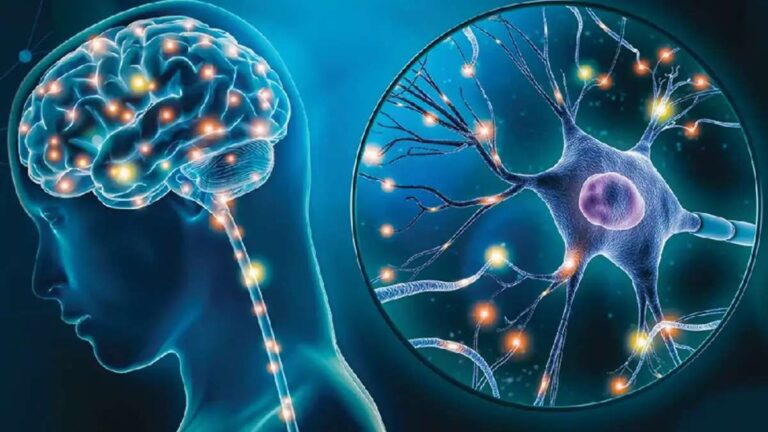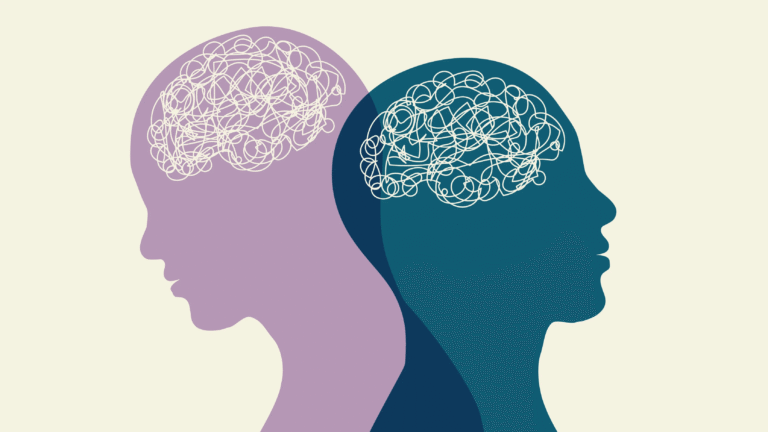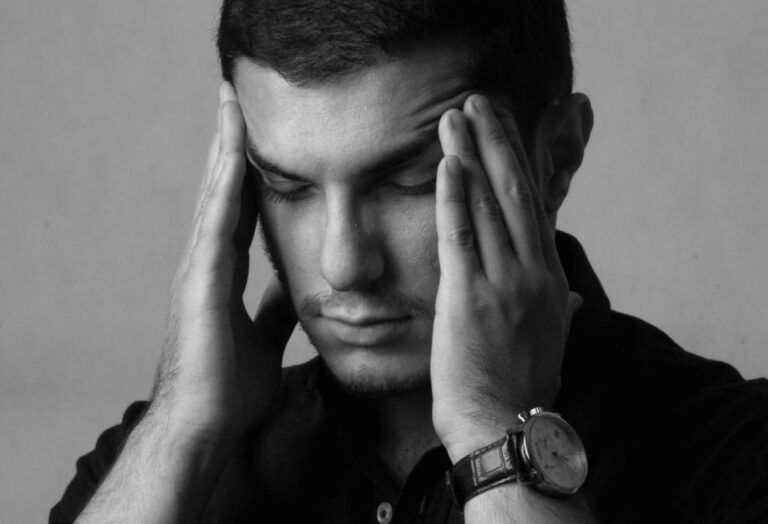CBD is growing in popularity and publicity among Americans because of its increasing accessibility as an over-the-counter product with many healing properties. Cannabidiol, which used to come inseparably from cannabis, is now effectively isolated from the weed plant to give users anxiety relief, insomnia management, and pain relief.
It is non-psychoactive and generally safe for health, coming with zero addiction risks. Therefore, its growing fame is justifiable, and thousands of American users are giving it a try each other day.
One of the health bonuses associated with regular CBD intake is mood enhancement and emotional well-being. Users report feeling more positive, energized, and relaxed after consuming CBD in the morning; besides, they can go to bed without intrusive bad thoughts and overwhelming stress after taking a CBD dose in the evening.
Is it a common CBD effect or a couple of individual cases that have no application for broader populations? Can you feel the immediate mood uplifting after, say, vaping CBD isolate? Let’s dive deeper into this matter.
CBD and Our Endocannabinoid System
The first and most evident link between CBD and mood is its ability to bind with the human organism’s endocannabinoid system’s (ECS) receptors. The ECS is a unique, largely underexplored mechanism that regulates many essential processes, from mood to appetite to sleep quality and cognitive abilities.
There are endogenous cannabinoids in the human body – the ones we produce ourselves – used to regulate the ECS. But when we use CBD, its compounds bind to the ECS receptors instead of the endocannabinoids of humans, thus stimulating those processes and causing more intense reactions.
One such reaction is CBD’s calming and anxiolytic property – the one that takes the person’s anxieties away and results in potent, full-body relaxation. It’s widely known that a bad mood is often related to a person’s inability to relax and get rid of dark thoughts. Therefore, CBD can indeed regulate mood by soothing those sensations and creating a more tranquil, emotionally balanced state of mind.
CBD and Serotonin
Serotonin, one of the key hormones stabilizing the person’s mood, is also under the direct influence of CBD. People who lack serotonin are vulnerable to depression and related disorders, so they often experience mood swings and are generally emotionally unstable.
CBD is known to produce indirect effects on serotonin levels and encourage major balancing of serotonin in the human brain. This way, it helps stabilize one’s emotional state and prevent mood troubles with the help of sustainable serotonin accumulation.
CBD and Sleep Quality
Poor sleep quality is the worst enemy of good mood and emotional stability. Everyone who has ever had a sleepless night knows what it takes to survive the next day and stay more or less productive and cognitively active in daily routines. Sleepiness and cognitive delays are frequent causes of nervousness and emotional outbursts, so it’s vital to keep sleep quality under control on the way to attaining better mood and emotional control.
CBD can help users in this regard, as it works as an effective sleep aid for people with all kinds of sleep disturbances. Besides, CBD amplifies the effects of melatonin in the human body, thus improving the hormonal balance responsible for long, uninterrupted, high-quality sleep.
CBD and Addiction
Another frequent reason for mood swings and emotional instability is addiction. People addicted to cigarettes, alcohol, or chemical substances usually feel largely imbalanced, and the condition worsens as they decide to quit and feel all the pleasures of abstinence syndrome. In these cases, CBD can help relieve anxiety, insomnia, and cravings in patients undergoing the pain of withdrawal.
CBD has clinically been proven to keep the cortisol level of withdrawing patients under control and prevent the increase in heart rate. Besides, CBD use has zero risks and side effects and can’t cause a new addiction. Therefore, CBD is often applied in transition periods for people treated for opioid addiction and other substance use disorders.
CBD and Pain
Pain is a source of continual discomfort and mental disturbance, especially if it’s chronic and pronounced. Thus, people suffering from all kinds of pain are often distracted, nervous, and depressed.
CBD’s painkilling properties can address painful conditions and reduce their intensity, thus bringing patients to a more convenient state of concentration, relaxation, and serenity. These effects are inevitably revealed in improved moods and enhancements of emotional balance.
What Does Science Say about CBD and Mood?
Setting all user expectations, anecdotal accounts, and marketing messages apart, we’ll talk only about cold hard facts derived from clinical studies. Is there a sound body of evidence that supports that role of CBD in mood regulation?
Can CBD indeed work well with your emotional balance and well-being? Here are a couple of studies that helped the community of CBD fans shed light on this relationship.
- Blessing et al. found out in 2015 that CBD can be used as a potential remedy for anxiety disorders. They characterized CBD as a compound with a broad spectrum of pharmacological qualities and cited the results of clinical trials that associated CBD with sizable improvements in the symptoms of generalized anxiety disorder, panic disorder, PTSD, and many other anxiety-related conditions. Based on their findings, CBD has anxiolytic properties that can help it soothe users and create a better emotional balance that enhances emotional resilience and positive mood.
- The team of Garcia-Gutierrez et al. examined the potential of CBD use in treating anxiety, depression, and psychotic disorders in 2020 and found it to be really effective as an antipsychotic, antidepressant remedy without the risk of abuse. As a result of their investigation, the researchers concluded that CBD has a promising risk-benefit profile, so its use in the treatment of psychiatric disorders should be expanded. Notably, the researchers focused on CBD’s power to alleviate depressive symptoms and found it effective, meaning that CBD acts positively on the consumer’s mood and can help patients restore their emotional well-being.
- Graczyk et al. cautioned against equating cannabis and CBD in the discussion of its effects on the mood and emotional resilience of users, as their findings suggest a high risk of psychosis among those who use cannabis and are exposed to THC. Besides, THC-containing cannabis can potentially cause addiction, which is unhealthy for mood and emotions as well. Thus, the researchers’ article concluded that the evidence for cannabinoid use for clinical conditions should be supported with more randomized controlled trials.
A Word of Caution
As you can see from this discussion, CBD can indeed work as an effective remedy for emotional health and well-being. There is solid scientific evidence of CBD’s tangible effects on users, so you can try this compound out if you notice frequent mood swings or emotional imbalances. Still, we would like to note that CBD alone can’t be viewed as a remedy for mental health issues.
Those who regularly feel emotional issues and mood problems should seek consultation at a mental health counselor’s office. These red flags can indicate larger-scale health problems like panic disorders, chronic anxiety, PTSD, or depression, which can’t be managed by CBD alone and require qualified medical help.
The author of this material is Tia Moskalenko, a cannabis expert with an interest in medical research on CBD and THC use for different health issues. Tia works as a full-time blogger at AskGrowers and educates the public about the nuances of cannabis product selection and safe use. She contributes to consumer awareness and helps people make well-informed product choices to reap maximum benefits for their health.










